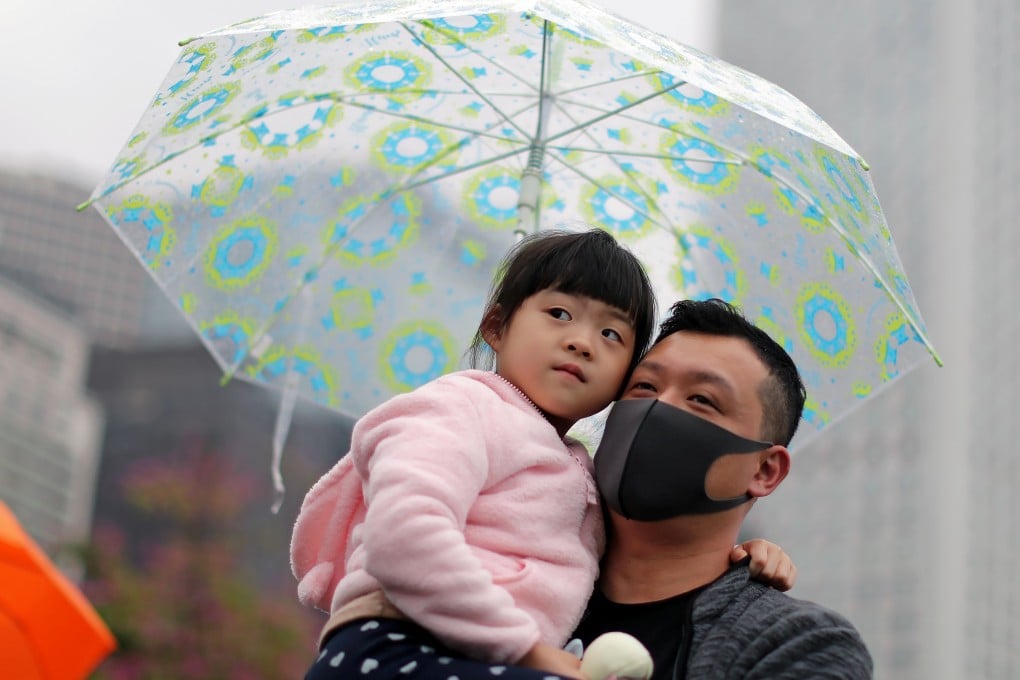Advertisement
Hong Kong’s economic destiny looks grim, given its ageing population and a younger generation culturally pressured to conform
- Hong Kong is the fastest-ageing economy in the world, and has the lowest population share of children under 14. The city faces a grim economic fate, unless the older and younger generations can work together to change the growth model
Reading Time:3 minutes
Why you can trust SCMP
0

Hong Kong needs an economic transformation to combat slowing growth in its pillar industries and ageing demographics. The older generation of decision-makers needs to invest in preparing the younger workforce, on whom the city’s future will depend.
In the coming decades, Hong Kong will face its demographic destiny. It is the fastest-ageing economy in the world. The largest age cohort – around 650,000 people – will begin turning 60 in 2020, making one-third of Hong Kong’s population essentially retirees. Like many other high-income economies, Hong Kong’s economy and political system are disproportionately captured by the post-war baby-boomer generation.
They expect to reap the rewards of their labour and sacrifice in building Hong Kong throughout their working lives. As this generation ages, resources will be tilted towards providing for them and paying for the exponential costs of longevity – Hong Kong has the longest life expectancy in the world.
While the up-and-coming young working-age population is, on average, much better educated than their elders, there are far fewer of them. Hong Kong has the lowest population share of children aged up to 14 in the world, at 12 per cent: similar to Singapore and slightly lower than Japan and South Korea (both 13 per cent).
More than 90 per cent of these youngsters were born in Hong Kong and, if past surveys provide a glimpse into their attitudes, the majority will have a strong sense of Hong Kong identity. The millennials are not well represented in politics, nor do they have many have economic resources to mobilise in their favour.
Hong Kong’s destiny is also cultural. Twenty-five years ago, Lee Kuan Yew said that culture is destiny, and that Eastern cultures believe that individuals exist in the context of their families. In Hong Kong families, the Chinese value of filial piety, which dictates respectful submission and loyalty to elders, is expected of the next generation.
Advertisement
